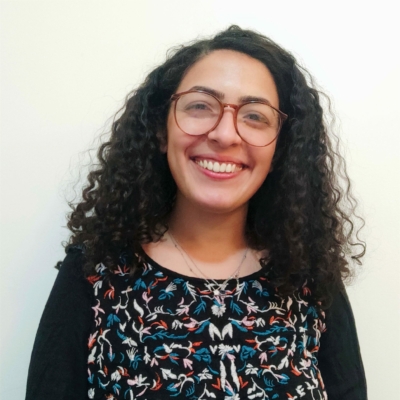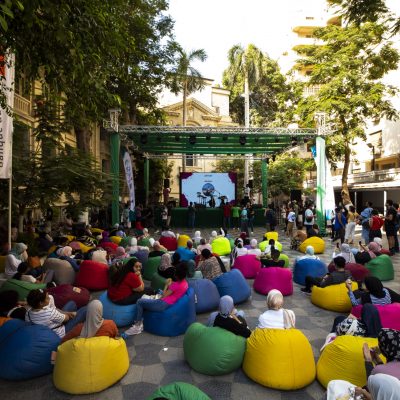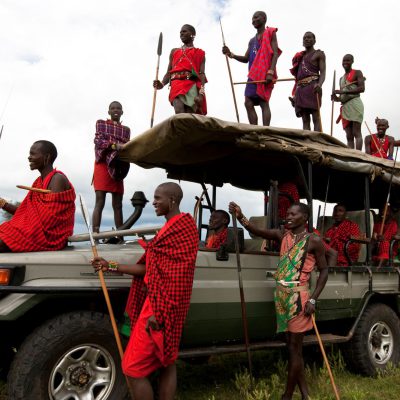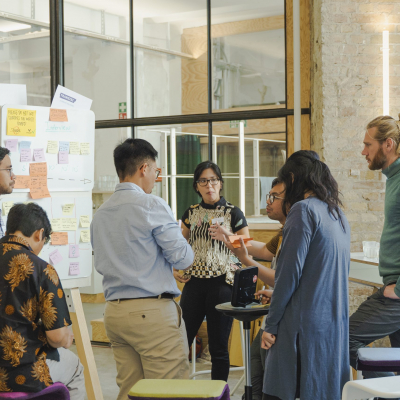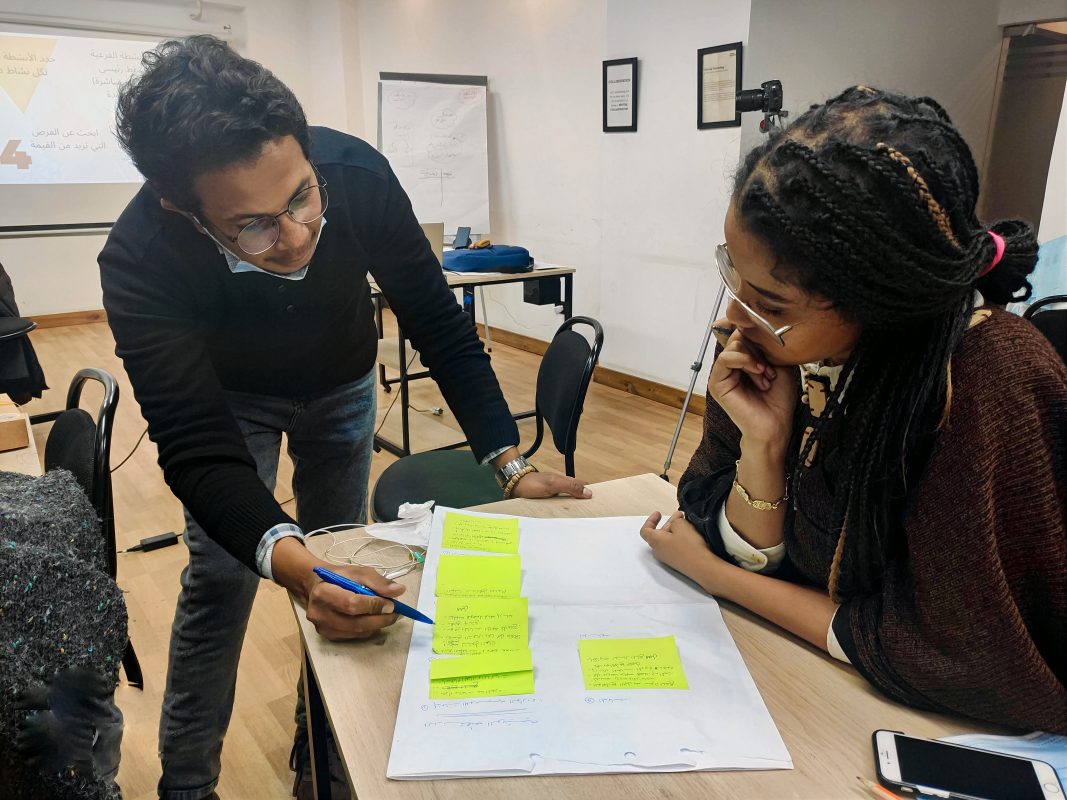
MADE: A support program to advance Egypt’s manufacturing sector through entrepreneurship
In partnership with GIZ Egypt, we have launched our first program with a focus on the manufacturing sector in Egypt—Manufacturing Advancement and Development in Egypt (MADE).
MADE Program aims to empower university students and recent graduates – who have innovative ideas that solve manufacturing challenges – to kickstart their entrepreneurial careers with their ideas transformed into ready-for-market solutions.
Across its three stages – Ideation, Pre-incubation, and Incubation – the program offers participants the opportunities to network and access an all-inclusive curated mix of technical support, resources, and tools.
In September 2022, we kicked off MADE with a nationwide call for applications, encouraging teams of innovators from university students and recent graduates to apply and submit their ideas that address or tackle two challenges:
1) Management and operation of renewable energy systems
2) Energy efficiency management across all types of energy
How does the program work?
In the first stage, Ideation, 25 teams will be selected to join an idea competition where they will get the opportunity to pitch in front of a jury of international experts. To prepare, participants will receive an online pitch training the week prior that aims to support them in sharpening their presentation skills and confidently advocate for their ideas.
The purpose of the competition is to bring together a wide range of stakeholders with aspiring entrepreneurs and lay the foundation for building a strong support network within the manufacturing sector through which the ideas can continue to grow.
Eight teams will then be selected through the competition for the second stage: pre-incubation. In the course of three months, they will get the chance to validate their solutions and develop prototypes. That is through comprehensive training programs, along with access to makerspaces, resources, and workstations.
By the end of the pre-incubation, three teams out of the eight will win slots in the program’s incubation phase. For six months, each team member will receive an in-kind support package, dedicated mentoring, and additional resources to develop their ideas’ first minimum viable product (MVP) that shall be ready for commercialization.
In alignment with the sustainable development goals (SDGs), MADE focuses on supporting ideas that are economically, socially, and ecologically innovative. The program also gives priority in the selection process to gender-balanced and women-led teams.
What does MADE hope to achieve?
The program aims to provide Egyptian students and fresh graduates who have developed innovative ideas through their studies with the resources they need to bring those innovations to life. It also aims to push forward a more sustainable, environmentally-friendly, and energy-conscious approach to manufacturing in Egypt.
Throughout human history, innovations have been a driving force for reforming communities around the world. Using coal fire to boil water to induce mechanical motion in the 18th century was a born idea for inventing the steam engine—one of the industrial revolution’s remarkable events.
When waterwheels were the primary source of energy for factories back then, the steam engine and further innovations afterward allowed building factories away from water sources. That not only eased up goods transportation but also eventually led to the birth of today’s urban cities.
Today’s energy use in manufacturing processes, mainly dependent on burning fossil fuels, results in around 24% of the greenhouse gas emissions contributing to global warming, making this sector one of the biggest hurdles in the fight against climate change.
But what’s the status of Egypt’s economy in this regard? Let’s take a closer look!
Egypt is one country where industrialization reshaped its economy over the years. Today, its industry sector – which implies goods production, and encompasses manufacturing, construction, and processing, represents over 30% of its total GDP, which is more than double the value-added created by agriculture in the market. The sector also employs around 28% of the Egyptians’ labor force and consumes 30% of the country’s electricity production.
National and international actions to tap into the untapped potential
Speaking of electricity, Egypt mainly depends on oil, natural gas, and renewables, including the hydropower generated by the High Dam, as primary energy sources. In the Renewable Energy Country Attractiveness Index (RECAI) for 2021, Egypt ranks 20th among the world’s top 40 markets.
Moving ahead of its 2030 vision, Egypt aims to develop a more sustainable energy mix by 2035. The plan is to generate 42% of its electricity from renewable energy sources, including wind, hydropower, and solar. The private sector is expected to deliver most of this capacity, as stated in the country’s commercial guide for 2022.
Empowering innovators to bring up sustainable and marketable solutions
The Egyptian economy already boasts one of the most bustling entrepreneurial ecosystems in the region, with more investments, more sector-specific incubators and accelerators, more funding, and a myriad of talented entrepreneurs.
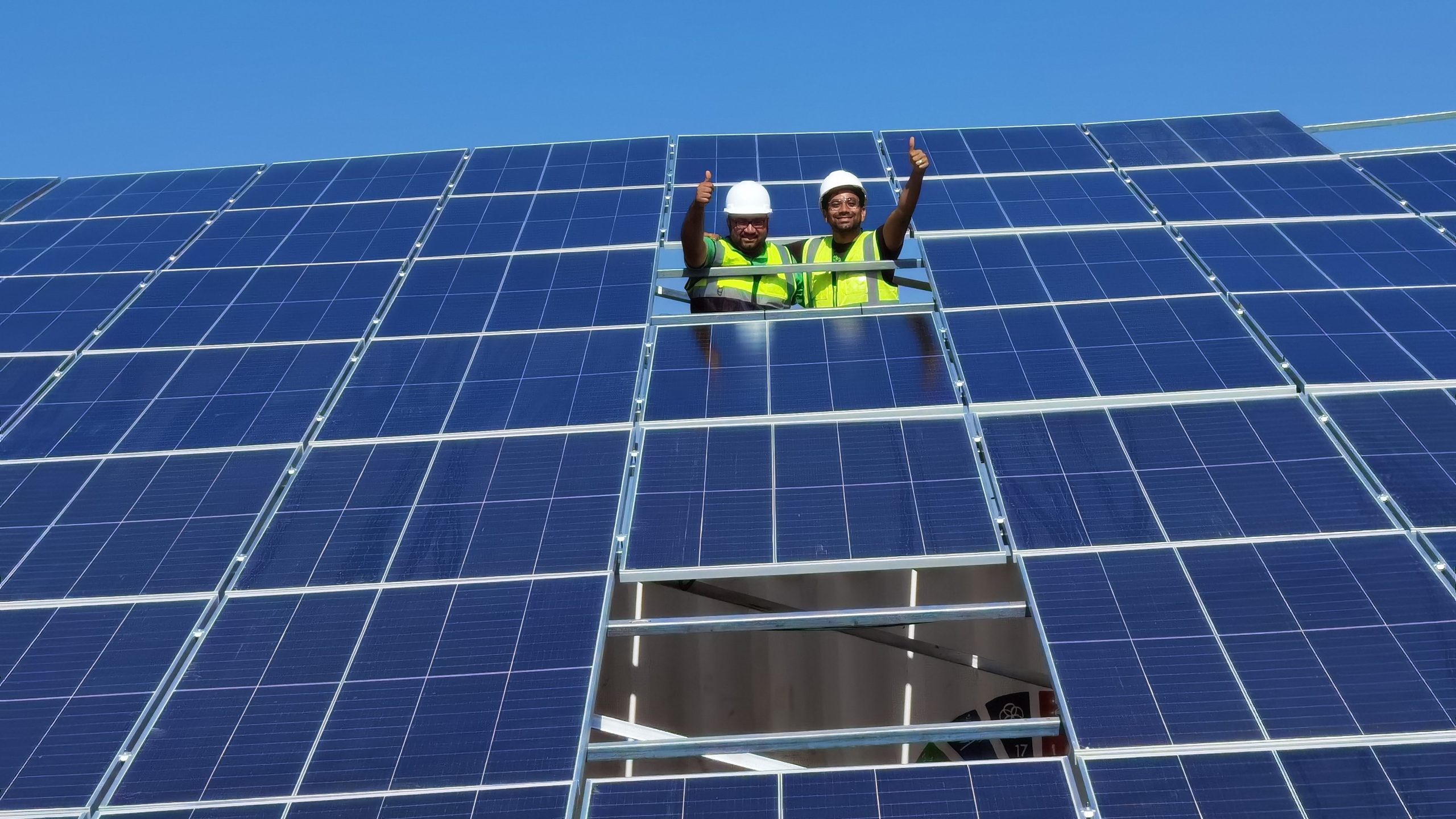
Rising five places in the Global Innovation Index 2022, Egypt now ranks 89th among the 132 featured economies. However, the economy still spells out a need for more innovations to realize the plans for achieving resilience and sustainability.
“The key is connecting the dots and opening doors for aspiring entrepreneurs to innovate the current manufacturing processes by converting their ideas into real solutions. Through that, they can drive economic growth and add value to their communities.”— Ragy Ramadan, Founder and CEO of Green Energy Academy and NoorNation.
As part of our preparations for launching MADE Program, we conducted interviews with manufacturing experts and stakeholders, along with business founders in the energy sector. We aimed to spot the gap between the manufacturing requirements regarding energy efficiency and resource utilization. And the output was the two challenges that MADE aims to tackle in the meantime.
“Since my university years, I have always wanted to take action with my sustainable energy ideas in enhancing people’s lives. But it wasn’t easy for me to find the starting point,” says Ragy Ramadan. “On the other hand, there is plenty of untapped potential among the young innovators in Egypt where renewable energy is also under-exploited due to challenges in the manufacturing sector.”
Ragy Ramadan, along with over 400 other Egyptian founders and entrepreneurs, took part in enpact’s Empowering Entrepreneurship Initiative. He was also one of the stakeholders we interviewed during the preparation phase.
What’s next?
We plan to support three cohorts of future entrepreneurs through MADE, each tackling different challenges across Egypt’s manufacturing sector and in the framework of the sustainability nexus: energy, food, and water.
For now, the first cohort focusing on the energy aspect is about to launch once the call for applications closes.
Do you know someone who would benefit from this program?
Encourage them to reach out to us at shc@enpact.org!
